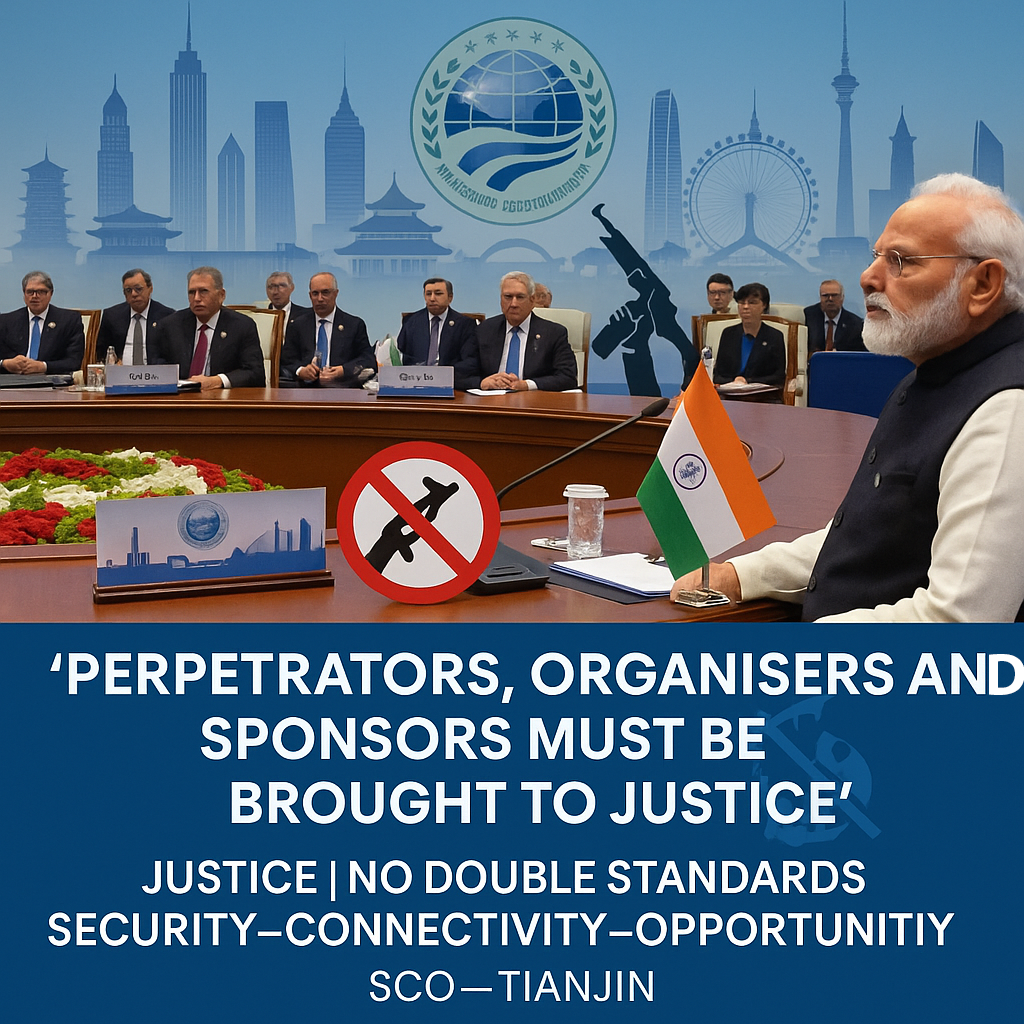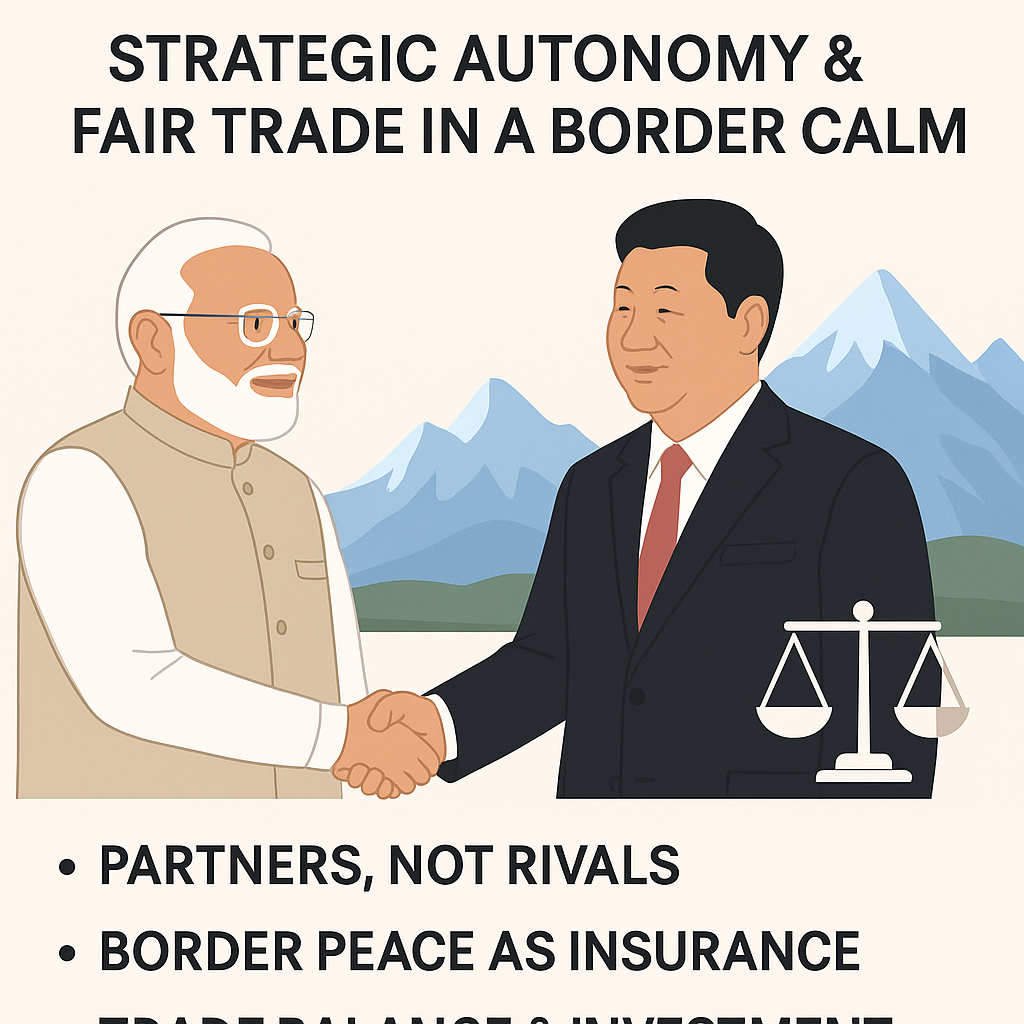197.
🪖 Geopolitics & History
⚔️ The 1965 India-Pakistan War – Strategic Gains and Missed Opportunities
The 1965 India-Pakistan War remains a pivotal episode in South Asian history.
Recently, Defence Minister Rajnath Singh emphasized that India’s strategic gains, particularly during the war, were not fully leveraged in post-war negotiations—a gap that continues to echo in the form of infiltration challenges.
🌍 Background of the 1965 War
- Rooted in the Kashmir territorial dispute, the conflict was ignited when Pakistan launched Operation Gibraltar.
- The operation aimed to incite rebellion in Indian-administered Kashmir.
- India retaliated swiftly, aiming to safeguard its territorial integrity.
🕵️ Operation Gibraltar
- Launched in August 1965, Pakistan infiltrated troops into Kashmir, disguised as civilians.
- Objective: Trigger mass unrest and rebellion against India.
- Result: Backfired — locals reported the infiltrators, helping Indian forces repel the attempt.
🛡️ Key Battles and Strategic Advances
- On August 15, Indian forces crossed the Line of Control (LoC).
- Captured vital positions including the Haji Pir Pass.
- This severely disrupted Pakistani infiltration and supply routes—a game-changing tactical win.
🏔️ The Capture of Haji Pir Pass
- Located at 8,661 ft in the Pir Panjal Range (Inner Himalayas), in Pakistan-occupied Kashmir.
- Crucial for:
- Controlling access along the LoC
- Reducing travel time between Poonch and Uri
- Improving Indian military logistics
- Its capture was a major Indian victory, showcasing superior planning and mountain warfare execution.
🔁 Pakistan’s Response – Operation Grand Slam
- On September 1, 1965, Pakistan launched Operation Grand Slam, targeting Akhnoor in Jammu.
- Despite some initial gains, Indian counteroffensives pushed deep into Pakistani territory, even threatening Lahore.
🤝 The Tashkent Declaration
- Ceasefire declared on September 20, 1965.
- Followed by the Tashkent Declaration on January 10, 1966:
- Both nations agreed to withdraw to pre-war positions.
- India returned Haji Pir Pass—a move now seen as strategically disadvantageous.
📍 Significance of Haji Pir Pass
- Controlled key infiltration corridors into India.
- By returning the pass, India lost a hard-won tactical edge.
- Pakistan regained a geographic advantage, complicating security management along the LoC.
🧭 Post-War Implications
- Pakistan faced a political and military setback.
- The war failed to incite rebellion in Kashmir, as intended.
- Both sides reassessed their defense doctrines and preparedness, shaping future engagements.
🌟 Legacy and Recognition
- Unsung civilian heroes like Mohammad Deen and Ghulam Din were honored for supporting Indian forces.
- Their stories remind us that war is fought not only by soldiers—but also by the spirit of ordinary people.
🕯️ Haji Pir remains more than a mountain pass—it’s a symbol of courage, strategy, and unfulfilled potential.















